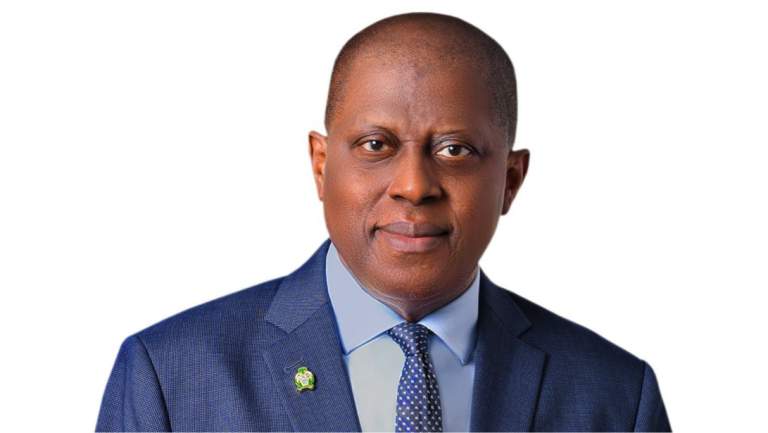The Central Bank of Nigeria (CBN) is at the forefront of transforming Nigeria’s economic landscape through critical reforms that are already yielding tangible results. Among its most impactful moves is the restoration of international functionality to naira-denominated debit cards, a development enabled by improved dollar liquidity in the financial system.
Over the years, Nigeria’s foreign exchange (FX) market had suffered from restricted access to forex, pushing individuals and businesses toward the parallel market and encouraging arbitrage. To combat this, the CBN introduced a series of reforms aimed at stabilizing the exchange rate, curbing inflation, and improving FX availability through the official channels.
In 2023, under the leadership of Governor Olayemi Cardoso, the CBN liberalized the FX market, halted deficit financing by the central bank, and implemented key fiscal and fuel subsidy reforms. These moves have not only enhanced investor confidence but also led to a rise in Nigeria’s international reserves, restored transparency, and stabilized the naira.
One of the standout effects of CBN’s reforms is the resumption of international transactions on naira debit cards. Several top Nigerian banks—including UBA, FirstBank, GTBank, and Wema Bank—have reactivated global usage for naira-funded cards, which had been suspended for nearly three years due to FX scarcity.
The CBN’s effort to boost dollar liquidity through new FX inflow mechanisms has played a vital role in this development. Monthly inflows surged to $5.96 billion as of May 2025, a 62% month-on-month increase, fueled by both domestic and foreign investor activity.
Banks now allow cardholders to spend abroad on platforms like Amazon, Netflix, YouTube, and via ATMs or PoS machines. GTBank, for instance, permits up to $1,000 in quarterly online/PoS transactions, while ATM withdrawals are capped at $500.

CBN Governor Olayemi Cardoso outlines key reforms aimed at stabilizing Nigeria’s economy and boosting naira value.
Industry analysts, including Ayokunle Olubunmi of Agusto & Co, attribute this resurgence to the CBN’s success in narrowing the FX premium between official and parallel markets, thereby reducing arbitrage opportunities.
Beyond restoring card functionality, the CBN has significantly improved Nigeria’s net FX reserves (NFER), now standing at $23.11 billion, the highest in over three years. This improvement follows a cleanup of over $7 billion in FX backlog and the unification of Nigeria’s multiple exchange rates, all under Cardoso’s watch.
READ MORE: 2027: Coalition Group Moves to Take Over PDP Structures Ahead of Elections
Gross reserves also rose to $40.19 billion, up from $33.22 billion in December 2023. These gains stem from deliberate policies to rebuild confidence in the market, reduce short-term FX liabilities, and increase non-oil foreign exchange inflows.
According to Cardoso, the CBN’s new electronic FX matching system will further enhance transparency and functionality within the market, attracting sustainable investment flows.
To further diversify FX sources, the CBN has licensed new International Money Transfer Operators (IMTOs), improved diaspora remittance processes, and implemented a willing buyer-willing seller model. These initiatives are making dollar inflows more accessible to manufacturers and retail end-users alike.
Aminu Gwadabe, President of ABCON, commended the CBN’s innovative efforts in opening more FX channels, noting that diaspora remittances—estimated at $23 billion annually—remain a critical component of Nigeria’s FX ecosystem.
According to the IMF, the CBN’s reforms are integral to achieving sustainable, inclusive growth in Nigeria. IMF officials, including Axel Schimmelpfennig and Christian Ebeke, emphasized the need for improved budgetary discipline, stronger tax systems, and targeted cash transfer programs. They noted that CBN’s proactive monetary policy is essential to tackling inflation and stabilizing the economy.


